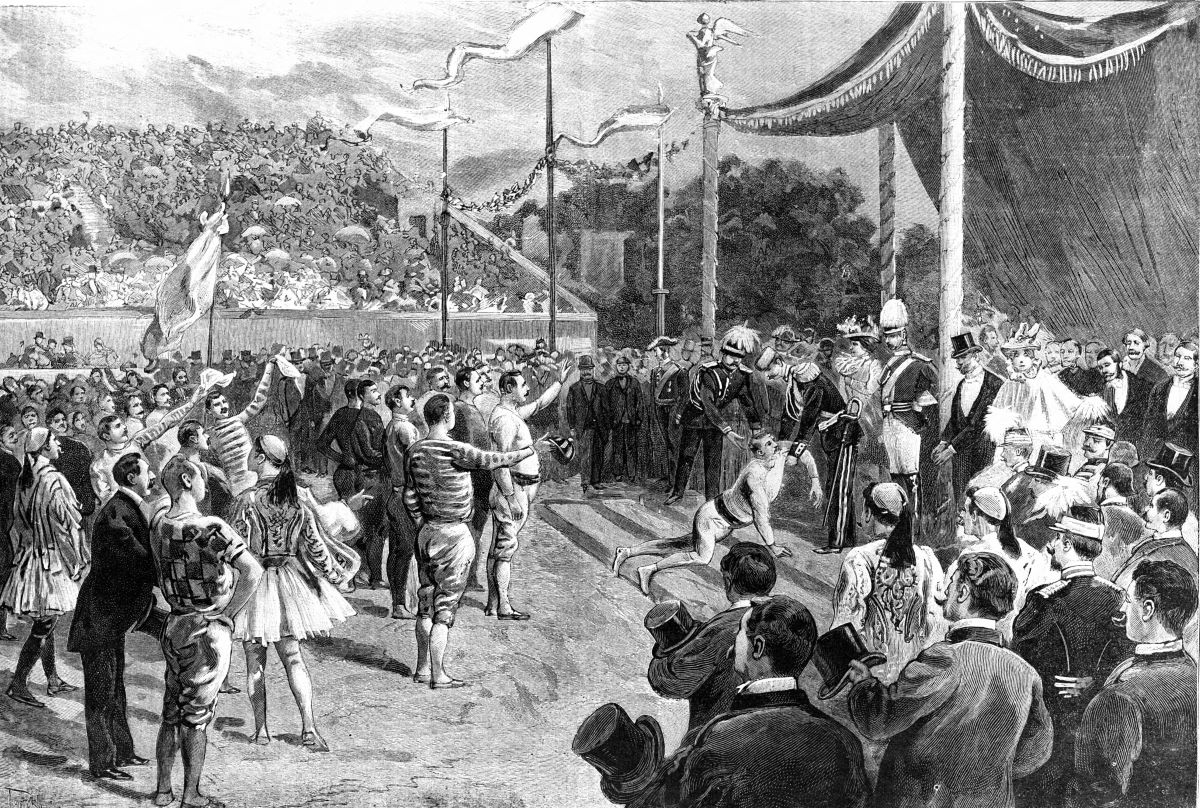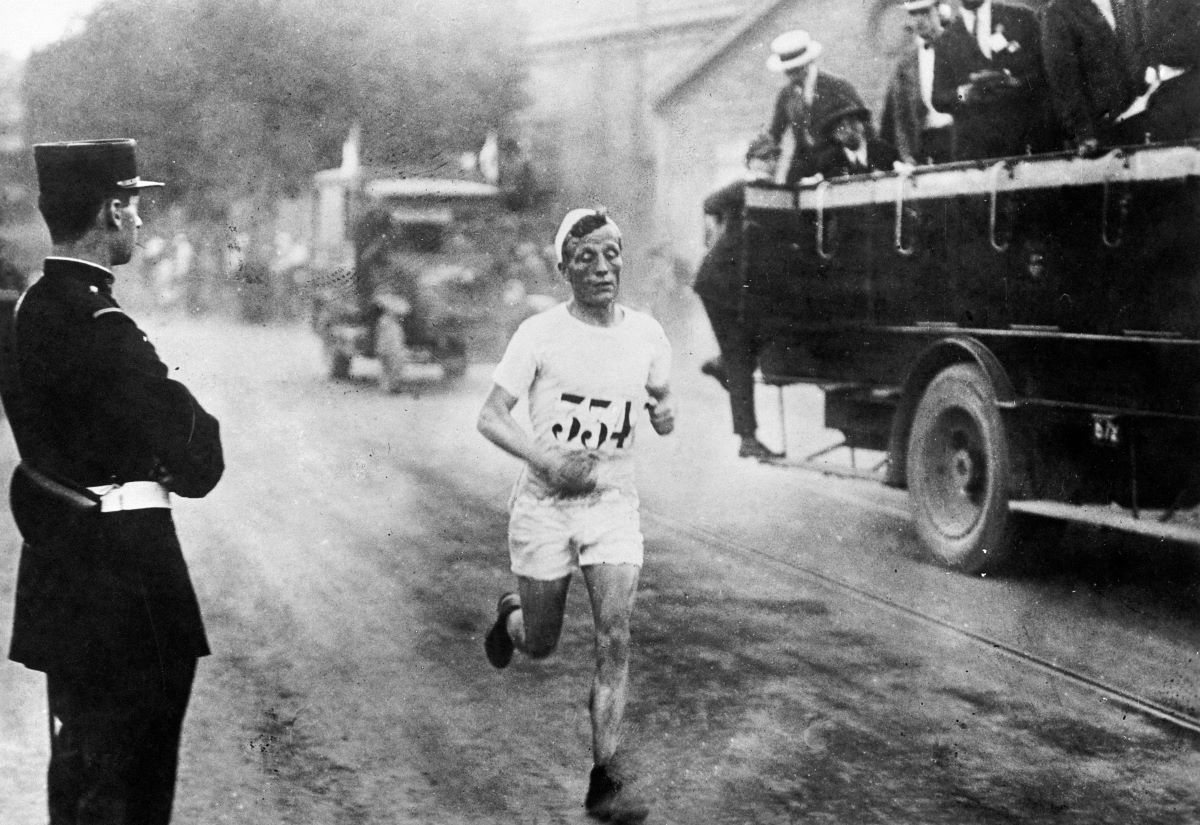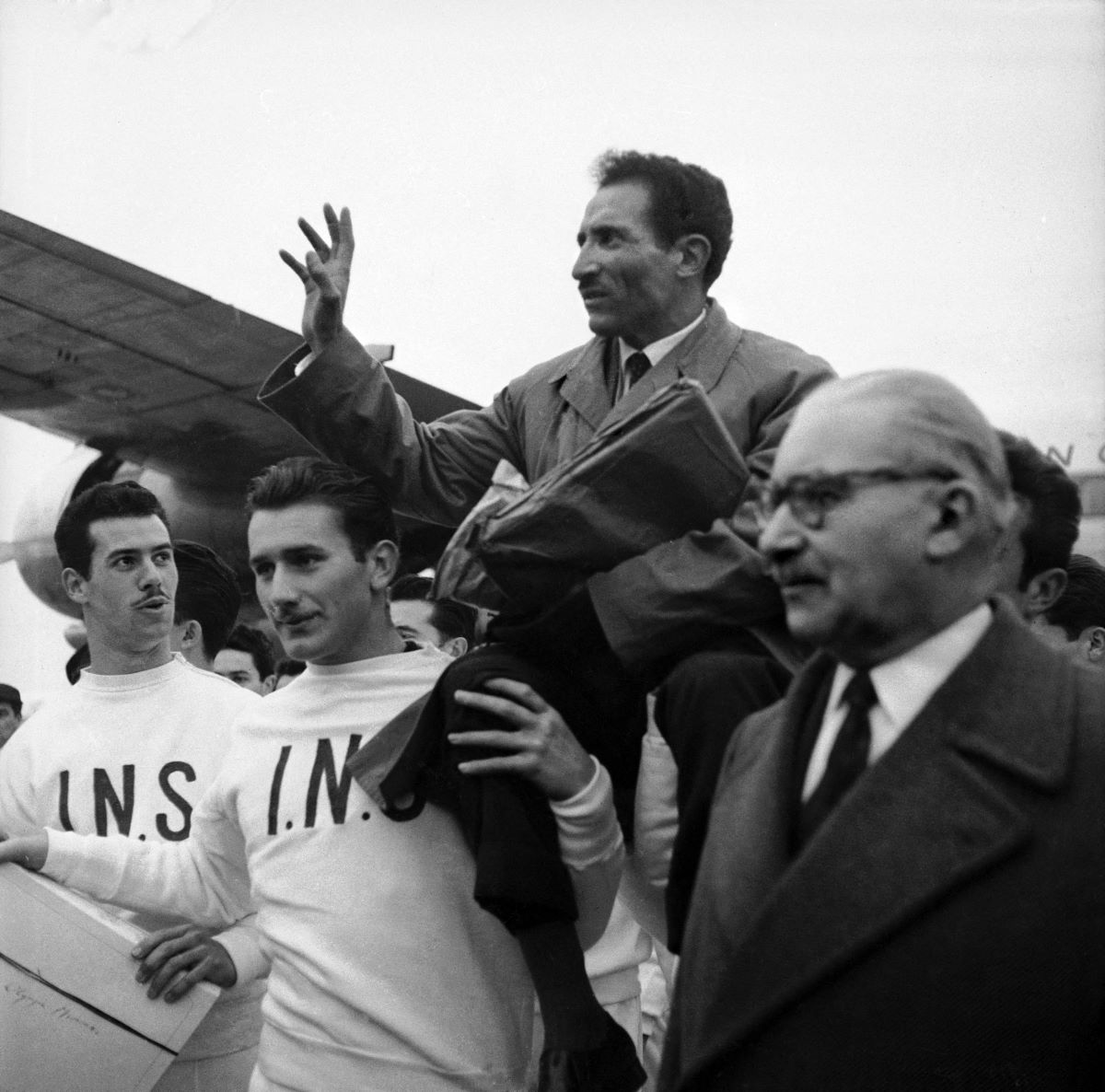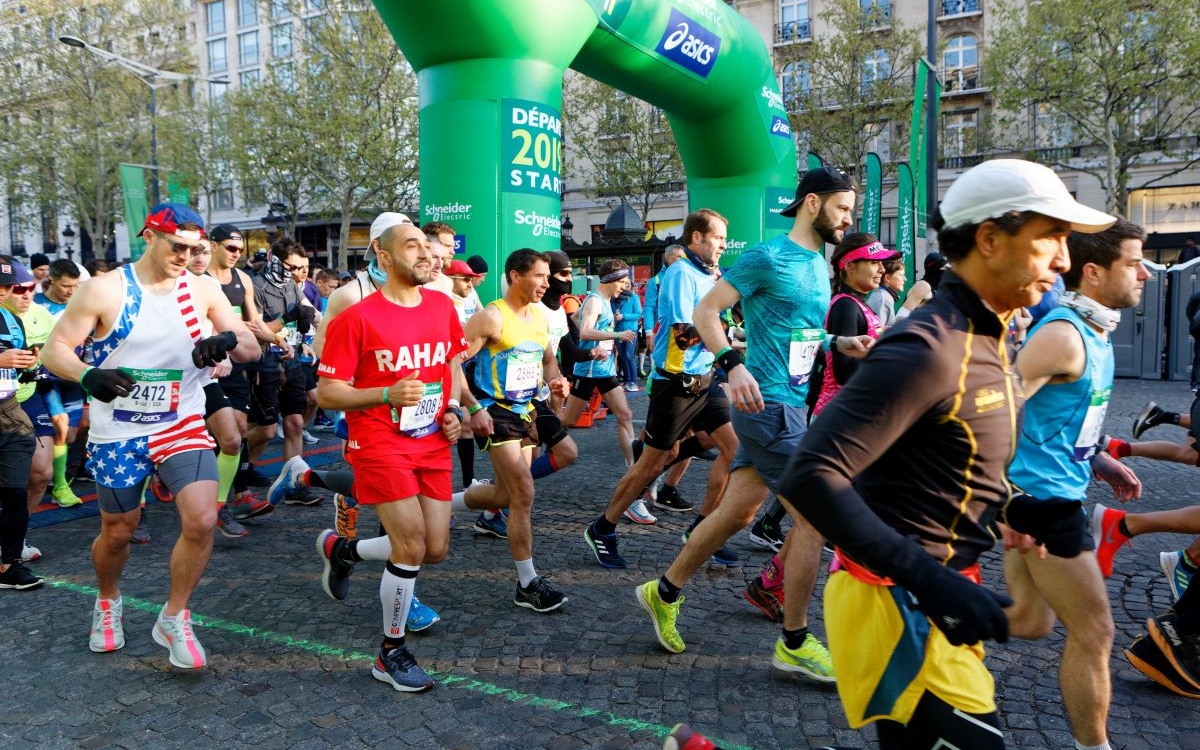Content
Cette page est aussi disponible en français
A look back at seven facts that marked the history of the most prestigious of Olympic races. By the way, did you know that this year the general public will be able to take part in a marathon on the same trail as the Olympic one?
Default Confirmation Text
Settings Text Html
Settings Text Html
This year, the men will set off on August 10th and the women on August 11th for the 2024 Olympic Marathon! Who will succeed Kenyan Eliud Kipchoge and Kenyan Peres Jepchirchir, winners of the event in Tokyo?
But where does the most famous of all Olympic races come from? What's its connection with Paris, where the race has been held annually since 1976? And why 42.195 km?
A marathon for the general public during the 2024 Paris Games
It's a first: a marathon open to the general public will take place during the Paris 2024 Games and it won't be exclusively reserved for marathon runners. Two "Marathon for All" races will be hosted: the 42.195 km and the 10 km. >>Everything you need to know about the "Marathon pour tous".
The first marathon runner was Pheidippides
The origins of this sporting event can be traced back to Greek history, or so legend has it. It all began in 490 BC. Pheidippides, is said to have run from Marathon to Athens, a distance of around 40 km. The young man wanted to announce victory over the Persians at the end of the Battle of Marathon during the First Medieval War. He died of exhaustion after delivering his message.
A Greek shepherd won the first Olympic marathon of the modern era

Athens Olympic Games, 1896. Arrival of marathon runner Spyrídon Loúis, in the presence of King George I of Greece.
Credit
Roger-Viollet / Roger-Viollet
His name was Spyrídon Loúis and he was the very first Olympic marathon champion. This Greek shepherd (1873-1940) triumphed at the first Olympic Games of the modern era held in Athens in 1896. He completed the course in 2 hours 58 minutes and 50 seconds (today's best run in around 2 hours 10 minutes, and the world record is 2 hours 1 minute and 39 seconds).
For the record, Spyrídon crossed the line without looking tired and took just 10 minutes to recover. He went down in history and his name is now mentioned in a Greek saying: "to run like a Louis".
Less gloriously, he who presented an olive branch from the woods of Olympia to Chancellor Hitler during the infamous 1936 Berlin Olympic Games. He died in 1940, a few months before the Nazi invasion of Greece.
Why 42.195 km?
The original marathon distance was around 40 km long. But why is it now 42.195 km? The length was fixed in 1908, at the London Olympic Games. It all started on the whim of King Edward VII: he demanded that the race finish at the foot of the royal box where he was present, thus extending the length of the event. The current distance of 42.195 km was definitively fixed at the 1924 Paris Olympic Games.
Paris and the marathon, a 128 year old romance

1924 Olympic Games, Colombes. Albin Stenroos, Finnish marathon winner.
Credit
Roger-Viollet / Roger-Viollet
In 1896, Paris hosted its first marathon. The race started from Porte Maillot on July 19th, just a few days after the Athens Olympic Games. And the first winner was Briton Len Hurst: he won the race in 2 h 31 min 30 s, ahead of 190 other competitors.
In 1900, it was a Frenchman, Michel Théato, whose victory is still remembered as one of the most incredible moments of the first Paris Olympic Games.
In 1924, at the Paris Games, Finn Albin Stenroos triumphed in front of the spectators at the Colombes stadium. Fifty-eight runners from 20 nations were on the starting line, with a maximum of 6 per nation.
Video: the 1924 marathon
Vidéo Youtube
Alain Mimoun and Olympus, destiny and good omens

Alain Mimoun carried in triumph by his colleagues at the Institut National des Sports after his record-breaking victory in the Marathon at the Melbourne Olympic Games. Paris, September 12 1956.
Credit
Roger-Viollet / Roger-Viollet
At the age of 35, Alain Mimoun (1921-2013) achieved his crowning glory. The date was December 1st, 1956. Starting with the number 13 on his jersey, the Frenchman won the gold medal in the marathon at the Melbourne Games (Australia). In scorching heat, the athlete triumphed in front of 120,000 spectators at the Olympic Stadium. A medalist at the London and Helsinki Games, but over other distances, he had never run a marathon.
On the eve of the event, he received a happy omen: a telegram announcing the birth of his daughter named Olympe!
A stadium bears his name in Paris, in the 12th arrondissement.
Abebe Bikila, barefoot victory
Another marathon legend, Ethiopian Abebe Bikila won the 1960 Rome Games by running barefoot! The athlete was the first African to win an Olympic gold medal. In 1964, the runner won the marathon again, but this time wearing running shoes.
In 1983, an unknown woman wins the Paris Marathon
Have you heard of Jacqueline Courtade? In 1983 at least, nobody in the marathon and sports world knew her. And yet, to everyone's amazement, she won the Paris Marathon that year, in 2 h 58 min 14 s. Unfortunately, her victory raised suspicions. Did she cheat by taking a shortcut without anyone knowing?
The mystery remains to this day, fueled by the fact that the young woman never came to collect her prize… Despite these strong suspicions, Jacqueline Courtade is still mentioned in the event's prize list.
We want to hear from you!
Was this information useful to you?
Please note: we cannot reply via this form (please do not include any personal information).

